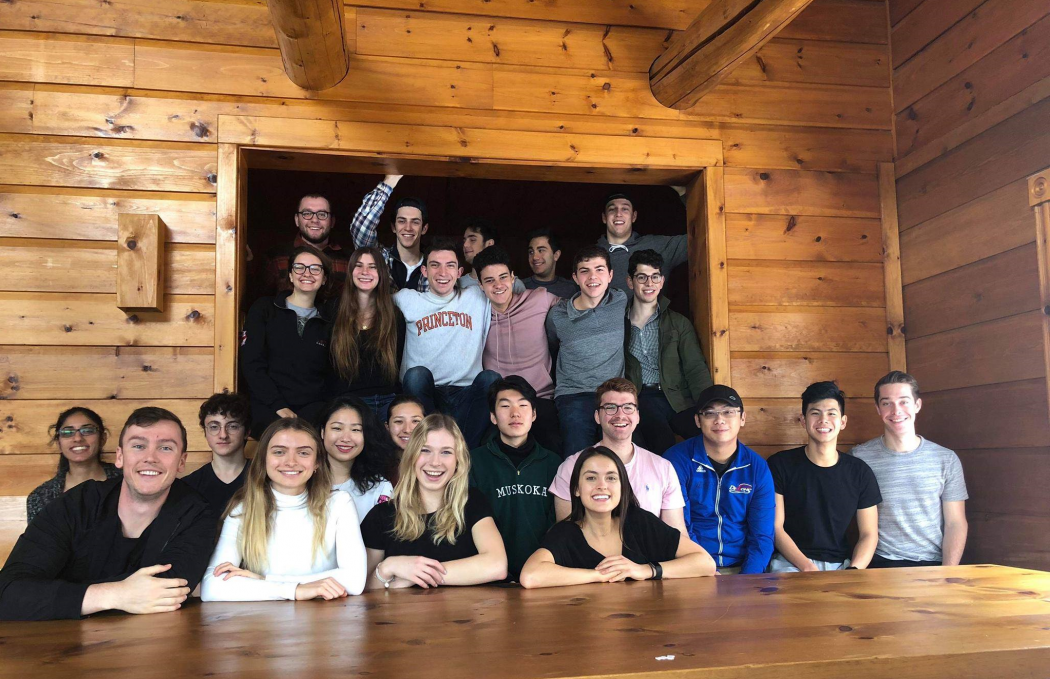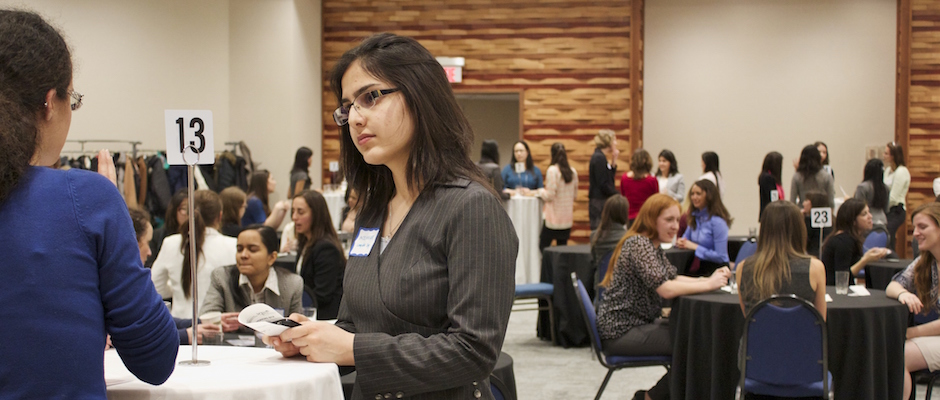In 2012, McGill student Francis Davidson began renting out his apartment in the summer to make use of his unproductive asset. From cost-saving to money generating, the idea took off and soon enough, he was renting out the apartments of friends, garnering nearly $1 million dollars in sales shortly after the company’s inception. In August of 2018, Davidson’s start-up, Sonder, raised $85 million in series C funding, bringing it to a total of $135 million in capital raised, and positioning it as a potential unicorn (start-up worth over $1 billion) in the coming years. In 2016, when seeking market expansion strategies to grow his business, Davidson would give JED Consulting, a fledgling Montreal consulting firm run entirely by McGill Students, exactly what they needed – a chance.
Founded in 2012, JED emerged on McGill’s campus as North America’s first junior enterprise – a form of student-run consulting firm. Today, with over thirty consultants and nearly $60,000 in annual revenues, JED operates as North America’s third-largest student-run consulting firm behind only enterprises at Harvard and Stanford. JED’s team of nationally and academically diverse consultants takes on roughly five projects per semester, solving complex problems for Fortune 500 Companies, cutting-edge Montreal startups, and keystone Canadian companies. But this wasn’t always the case…
…with over thirty consultants and nearly $60,000 in annual revenues, JED operates as North America’s third-largest student-run consulting firm…
Earning the trust of multi-billion-dollar companies does not come overnight. In their early days, JED’s main challenge was garnering the trust of companies they reached out to. Without a distinct consulting project under their belt, they needed a business to give them a shot and understand JED’s clear value proposition: market research. Kyle Costanzo, now co-president, reached out to dozens of companies but had his sights locked on a start-up operating not far from Desautels. Two phone calls, two solid rejections, and a subsequent cold LinkedIn message to the CEO proved to be enough to compel the start-up’s founder, who needed help expanding to new geographic markets but could not afford the high fees demanded by traditional consulting firms. As a result, JED would secure a project three times larger than any previous project in the club’s history, and one that would set the tone for the club’s future success — an expansion project with Sonder.
Securing the first $10,000+ project proved to be the springboard they needed. In the last two years, JED has worked on projects for keystone Canadian companies like Via Rail, Cineplex, and TSN. As the companies they work for get larger, so too do JED’s revenues. When asked about this, Costanzo mentioned that money always comes tertiary to learning and impacting. “We don’t seek projects that are lucrative,” he elaborated, “but instead seek ones that are interesting and meaningful.” For JED, charging for projects simply creates buy-in on both sides; pro bono projects are typically less successful unless for charitable causes, such as their recent mandate helping a local Montréal homeless shelter determine whether to expand to a new location. It is important to note that no consultant makes money working for JED; all proceeds are reinvested to grow the organization and invest in the professional development of its student consultants. This overarching theme of impact over profits is what guides the organization and what sets them apart from traditional consulting firms.
In the last two years, JED has worked on projects for keystone Canadian companies like Via Rail, Cineplex, and TSN.
JED projects leverage the unique value that a team of motivated, hard-working student consultants can provide to their clients. These mandates are often centered on market entries and student marketing, but JED’s scope of projects is expanding every semester. On the student marketing front, JED has surveyed and spoken to thousands of Montreal students to derive strategies for Cineplex, TSN, and other major companies to regain competitive positioning in the unique student market. Regarding market entry projects, JED has worked with Sonder and has partnered with overseas junior enterprises, helping foreign companies expand and enter new markets. More recently, JED is working with JEME Bocconi — a Milan-based junior enterprise — to help an Italian client enter the US market.
Amidst this tremendous learning experience, JED offers a tight-knit culture driven by growth and involvement from all its members. “Creating a great culture is really important because it creates accountability,” notes Costanzo. Projects are more successful because people want to shine amongst their peers and go above and beyond. Like any organization that grows and becomes more established, upholding this collegial collaboration among all members is among JED’s top priorities to maintain its unique competitive advantage.
As a result of the unique JED experience, members have placed particularly well in post-graduate careers in all professions from MBB consulting to investment banking, software engineering and more. Though the organization has grown exponentially since its inception, its core mission, offering a unique experience to gain “real-world experience,” remains.
At face value, JED is an idea that should have never worked. None of their members have MBAs or Ivy League degrees, and they boast limited real-world consulting experience. Yet in my entire conversation with Costanzo, he never casted a doubt on the organization’s capability. He spoke proudly of the club’s accomplishments but in a matter-of-fact manner, as if he knew JED would be successful from the beginning; it was just a matter of getting a chance. Sonder has seen impressive growth since collaborating with JED, currently operating in over a dozen cities in North America. It is therefore no surprise that Kyle, entering his final semester at McGill and with JED, spoke optimistically about the club’s future. Hinting to new and exciting opportunities for JED’s future, Costanzo concluded convincingly, “we are turning into much more than a student-run consulting firm.”








